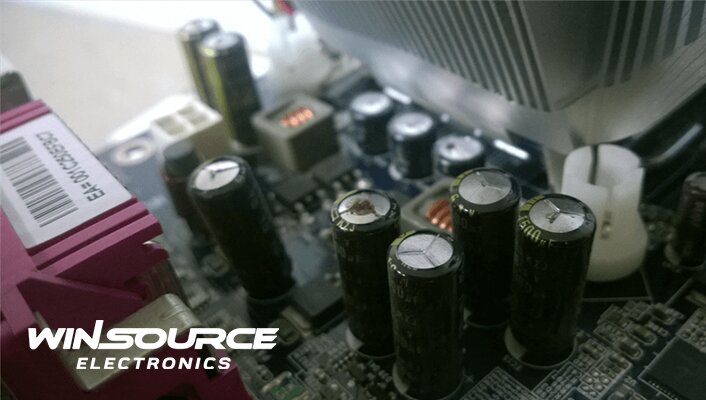
Table of Contents
ToggleIntroduce
Capacitors play a key role in the function of electronic devices, serving as energy storage components that smooth voltage fluctuations. However, over time, capacitors can age, leading to performance degradation and potential failure. This article provides an in-depth look at the causes of capacitor aging and explores effective prevention strategies to ensure the longevity and reliability of electronic systems.
Understanding Capacitor Aging
Deterioration of electrolytes
Electrolytic capacitors are particularly susceptible to aging due to the gradual degradation of the electrolyte inside. Over time, the chemical composition of the electrolyte changes, causing internal resistance to increase and capacitance to decrease.
Temperature effect
Increased temperature accelerates the aging process of capacitors. High temperatures can cause chemical reactions within the capacitor, causing breakdown of the dielectric material and increasing leakage current. The cumulative effect of prolonged exposure to high temperatures can significantly shorten the life of a capacitor.
Voltage stress
Capacitors are designed to operate within a specific voltage range. Subjecting a capacitor to voltages beyond its rated limits may cause stress, resulting in accelerated aging. Overvoltage conditions can compromise the integrity of the dielectric material, resulting in increased leakage and reduced capacitance.
Prevent capacitor aging
Proper thermal management
Implementing effective thermal management is critical to preventing capacitor aging. Ensuring that electronic components operate within specified temperature limits helps mitigate damage to electrolytes and other materials. Appropriate cooling mechanisms such as heat sinks or fans can be used to maintain optimal operating temperatures.
Voltage regulation
Strict adherence to voltage ratings is critical to prevent capacitor stress. Engineers should carefully select capacitors with a voltage rating that exceeds the maximum expected operating voltage. Additionally, using a voltage regulation circuit can help protect the capacitor from excessive voltage levels.
Regular inspection and maintenance
It is critical to regularly inspect electronic systems for signs of capacitor aging. Physical inspection of swollen or leaking capacitors, especially those in power circuits, can identify potential problems before they cause failure. Replacing aging capacitors as part of routine maintenance can extend the overall life of your electronic equipment.
Use low ESR capacitors
Low equivalent series resistance (ESR) capacitors have low internal resistance and are therefore less susceptible to heating and aging. Choosing capacitors with low ESR values can help improve reliability and longevity, especially in applications where low internal resistance is critical.
Avoid overload conditions
It is crucial to ensure that electronic circuits are not affected by overload conditions. Engineers should carefully calculate and design circuits to operate within specified limits to prevent excessive stress on the capacitors. Overcurrent protection mechanisms can be employed to protect capacitors from harmful current surges.
In conclusion
Capacitor aging is an inevitable problem in electronic systems, but by taking proactive measures, its effects can be significantly mitigated. By understanding the causes of capacitor aging and implementing preventive strategies such as proper thermal management, voltage regulation, regular inspections, and the use of low-ESR capacitors, engineers can improve the reliability and longevity of electronic equipment. As technology continues to advance, effectively preventing capacitor aging is becoming increasingly important to meet the needs of modern electronic applications. Searching for capacitors? Click here WIN SOURCE

COMMENTS